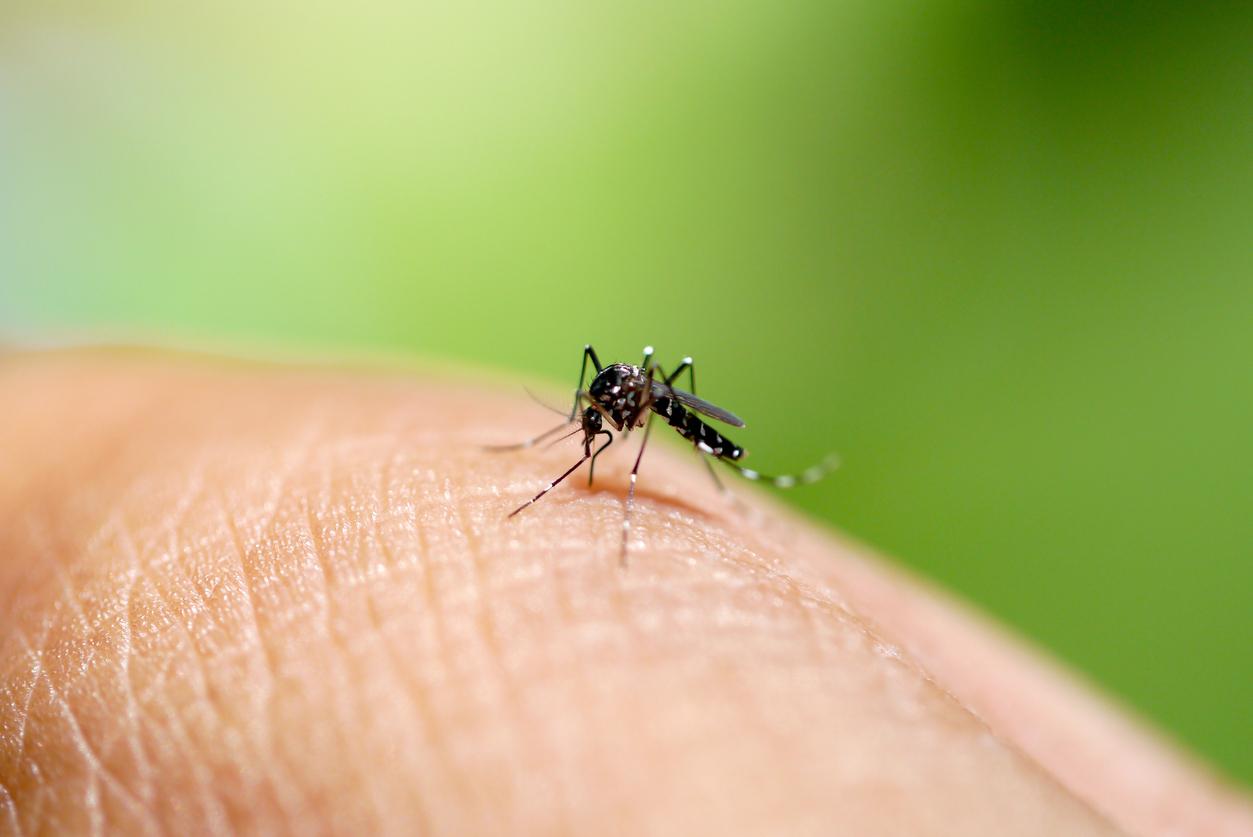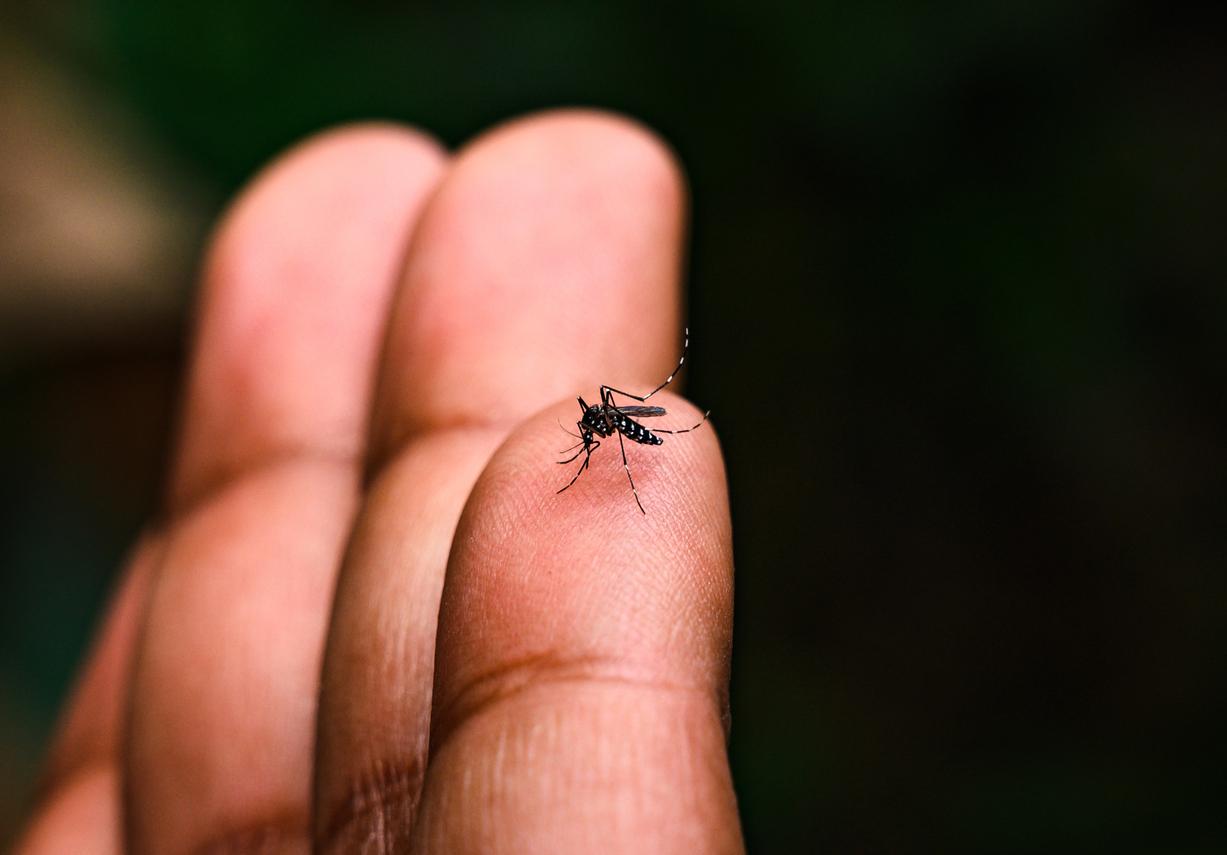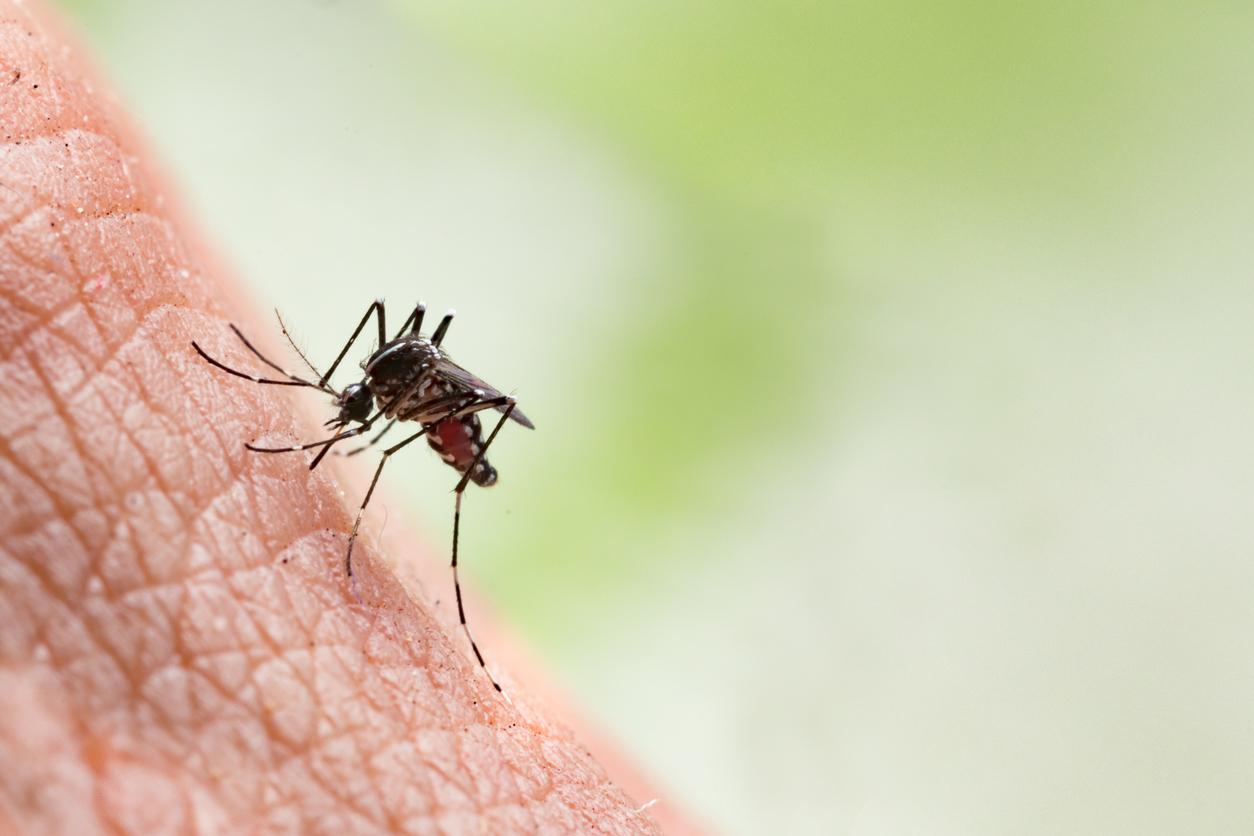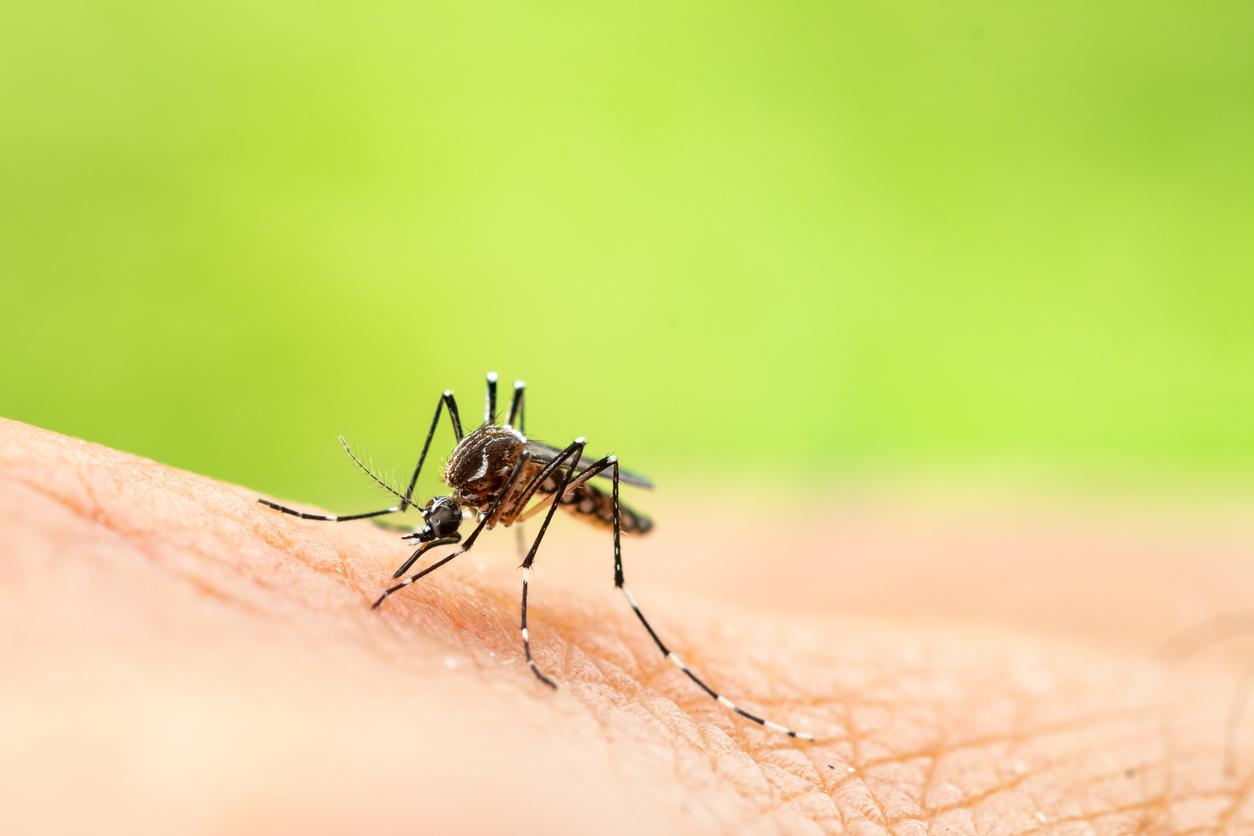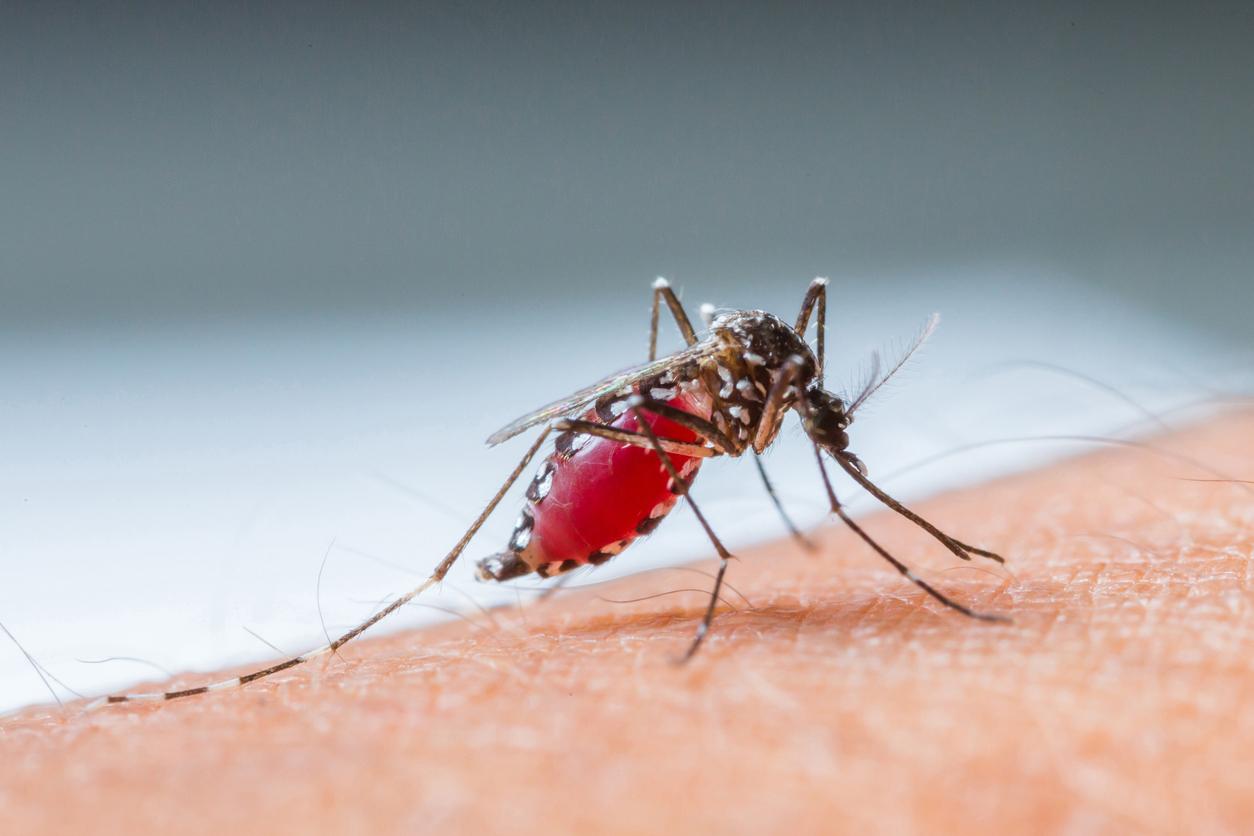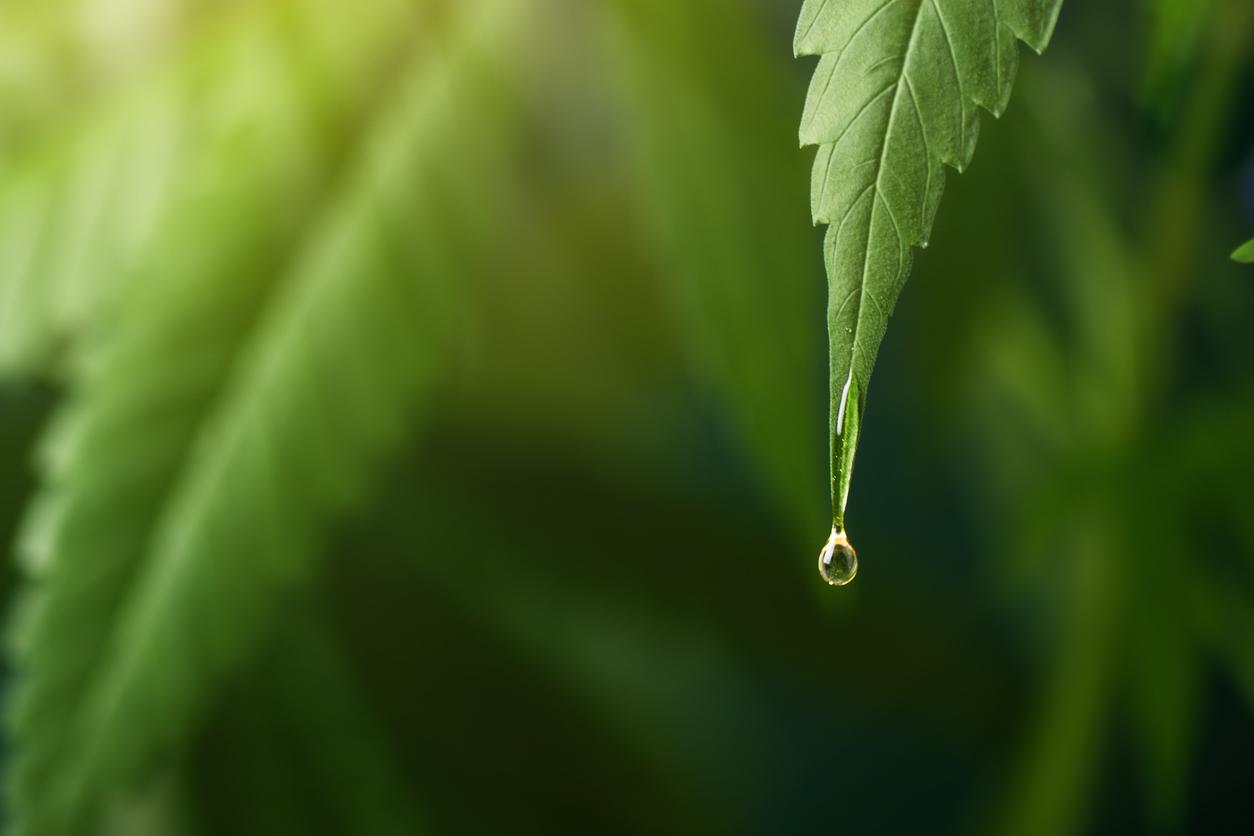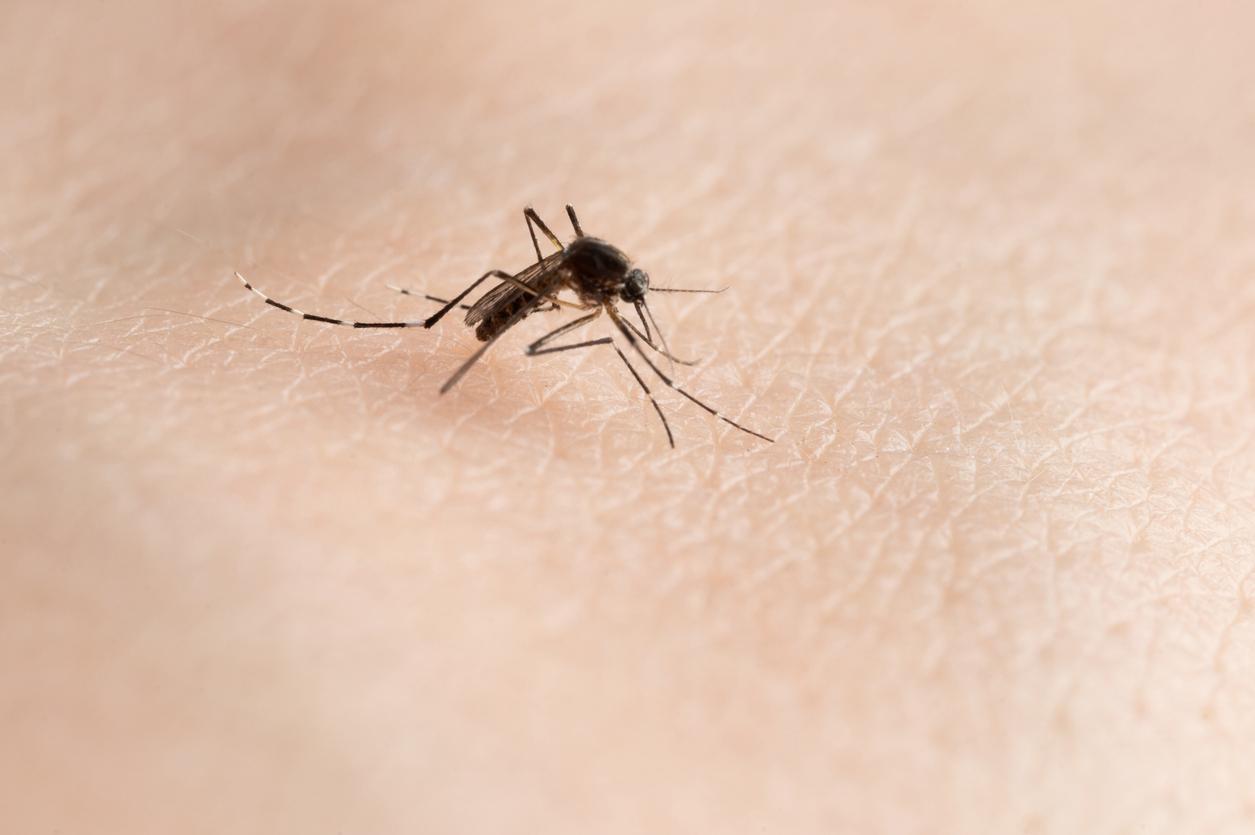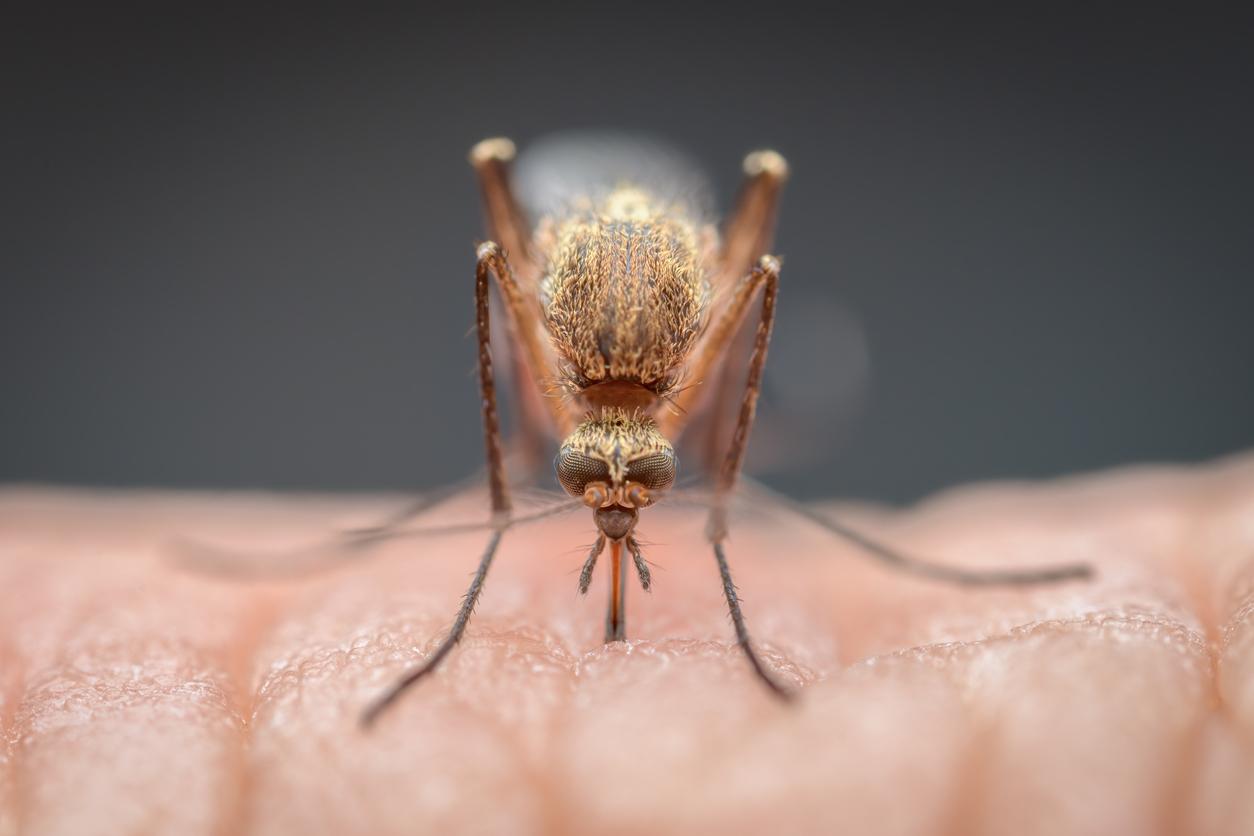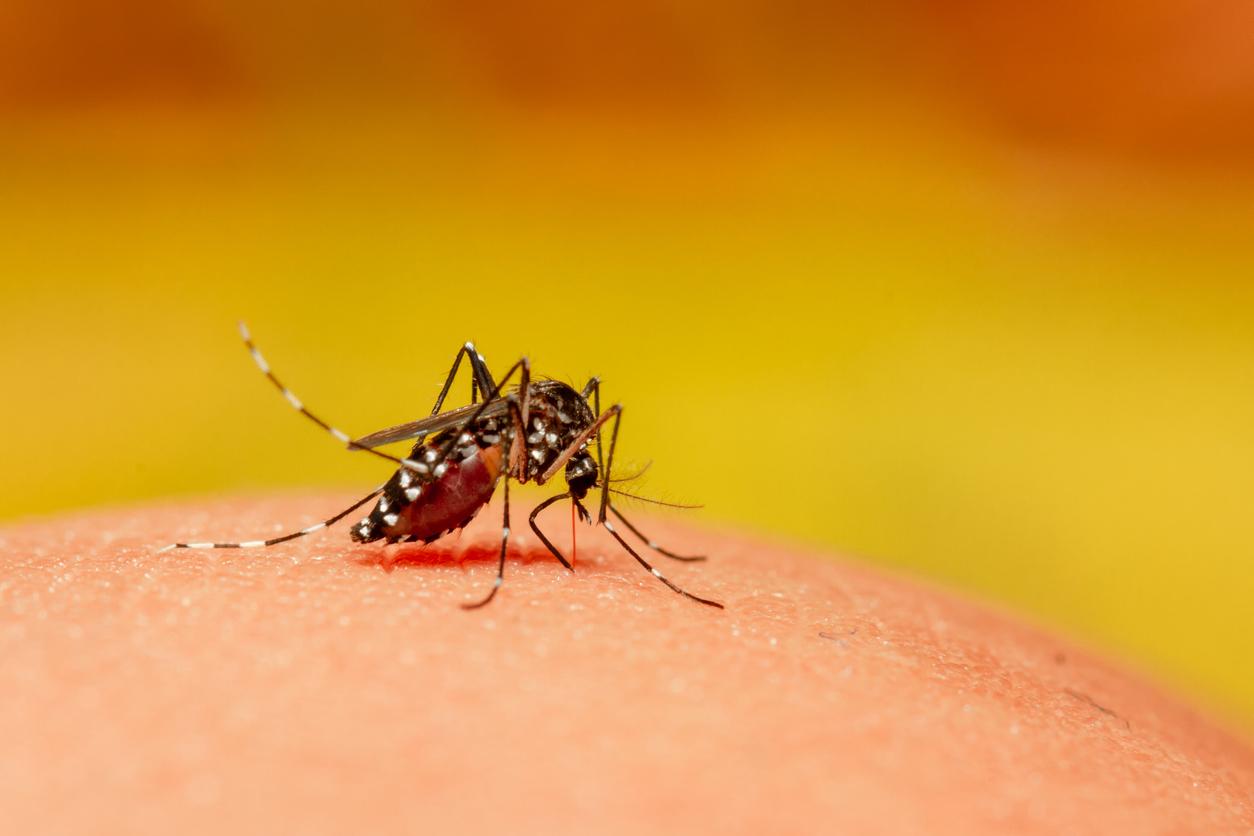
Scratching makes your itching worse
They already announce themselves with annoying buzzing and also saddle you with itching: mosquitoes. Why do these insects like to sting us so much? And what can you do about the itching?
Not all types of mosquitoes bite. Only female mosquitoes – the name says it all – give you bumps. They normally live on plant juices, unless they are fertilized. They then need more nutrients for the development of their eggs and they get them from us blood.
Mosquitoes do not sting with a stinger, like bees and wasps, but have special mouthparts with which they pierce the blood vessels in the skin. These mouthparts work like hollow needles. In this way the females suck a little blood.
Why itching?
Often you don’t even feel it when a mosquito bites your leg or arm. You will notice the consequences of a mosquito bite: you will get a violently itchy bump.
How does that itch arise? Normal solidifies blood if you have a wound. In order to be able to slurp the blood quietly, it must remain liquid for a while. That is why mosquitoes spray a little saliva with an anticoagulant into your skin while stinging. Histamine is released in response to this anticoagulant, which causes an allergic reaction accompanied by itching, redness and swelling.
Relieve the itch
Anti-mosquito agents keep the insects away, but some people seem real mosquito magnets and always get stung. Fortunately, the effects of a bite are usually limited to an annoying bump that disappears on its own after a few days.
try not to scratch, because scratching will only make the itching and bump worse. Cooling with a cold, wet cloth or an ice cube will counteract the swelling and the jitters. Or apply an ointment or lotion against insect bites from the drugstore. Also dabbing with vinegar or putting a cross in the bump with a nail, relieves the itching in some people.
If you are very sensitive to mosquito bites, a corticosteroid ointment or an ointment or tablets with antihistamines will help against the severe itching. Sometimes a blister or blister also develops, in which bacteria can end up, causing you to get an infection. Such a bacterial infection can be treated with antibiotics.
Tropical diseases
More than thirty species of mosquitoes occur naturally in the Netherlands. These do not transmit diseases to humans. A number of foreign mosquito species do. The best known is perhaps the malaria mosquito. Other exotic mosquitoes can transmit diseases such as dengue, yellow fever, West Nile disease and chikungunya, Japanese encephalitis.
If you are going on a trip to a (sub)tropical country where such mosquitoes fly, it is wise to avoid mosquito bites as much as possible. Wear protective clothing and apply a product containing DEET to bare skin. In malaria areas you must also take malaria tablets. You can get vaccinated against yellow fever and Japanese encephalitis
Sources):







